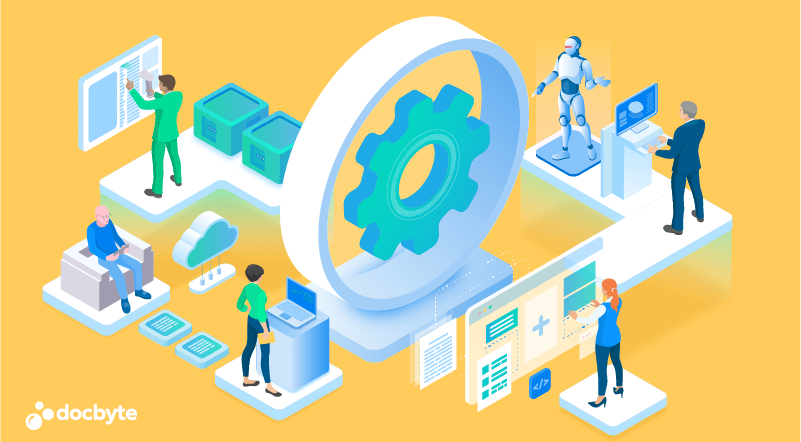The impact of digital technologies on traditional industries, the potential benefits and challenges of digital transformation, and the skills and strategies required for successful digital transformation initiatives.
Digital transformation refers to the process of using digital technologies to fundamentally change how businesses operate and deliver value to their customers. Digital technologies have profoundly impacted traditional industries, forcing many companies to adapt or risk being left behind.
The potential benefits of digital transformation are numerous, including increased efficiency, improved customer experiences, and the ability to unlock new sources of value.

However, digital transformation also presents significant challenges, including the need for new skills and strategies, the need to manage and secure data effectively, and the potential for disruption to traditional business models.
The impact of digital technologies on traditional industries has been significant. For example, the rise of e-commerce has transformed the retail industry. Many brick-and-mortar stores face the choice of closing or adapting to new business models.
The rise of online streaming has transformed the media industry, with many traditional broadcasters and cable companies struggling to compete. The rise of online education has transformed the education industry. Many universities and colleges face the necessity of adopting new models of online learning.
The potential benefits of digital transformation are numerous. For example, digital technologies can increase efficiency by automating manual processes and reducing the need for physical infrastructure.
Digital technologies can also improve customer experiences by providing personalized services and delivering value in new ways. Additionally, digital technologies can unlock new sources of value by creating new products and services that were previously impossible.
However, digital transformation also presents significant challenges. For example, the need for new skills and strategies can be a significant barrier to digital transformation.
Many traditional industries are dominated by long-time workers who may lack the skills to adapt to new technologies.
Additionally, managing and securing data effectively can be a significant challenge, particularly in industries that generate vast amounts of data. Data breaches can have severe consequences, including financial loss and damage to reputations.
To overcome these challenges, businesses need to adopt a range of strategies and skills. For example, businesses need to invest in training programs to help employees acquire skills for new technologies.
Additionally, businesses need to adopt agile methodologies that allow them to rapidly iterate and experiment with new products and services. Businesses also need to invest in data management and analysis tools that help them manage and secure data effectively.
Successful digital transformation initiatives also require a range of skills. For example, businesses need a clear vision and strategy for digital aligned with their needs and customers.
Businesses need strong leadership to drive change and inspire employees to adopt new technologies and ways of working. Additionally, businesses need to have a culture of innovation that encourages experimentation and risk-taking.
Conclusion
Digital transformation has the potential to transform traditional industries and unlock new sources of value. The impact of digital technologies on industries has been profound. Many businesses are being forced to adapt or risk being left behind.
The potential benefits of digital transformation are numerous, including increased efficiency. Improved customer experiences, and the ability to unlock new sources of value.
However, digital transformation also presents significant challenges, including the need for new skills and strategies. Effective data management and security, and potential disruption to traditional business models.
To overcome challenges, businesses need to adopt strategies and skills. Including investing in training, adopting agile methodologies, and investing in data management tools.
Successful digital transformation initiatives also require strong leadership and a culture of innovation that encourages experimentation and risk-taking. Businesses can harness digital technologies to drive innovation and improve outcomes for individuals and society. 바카라사이트
